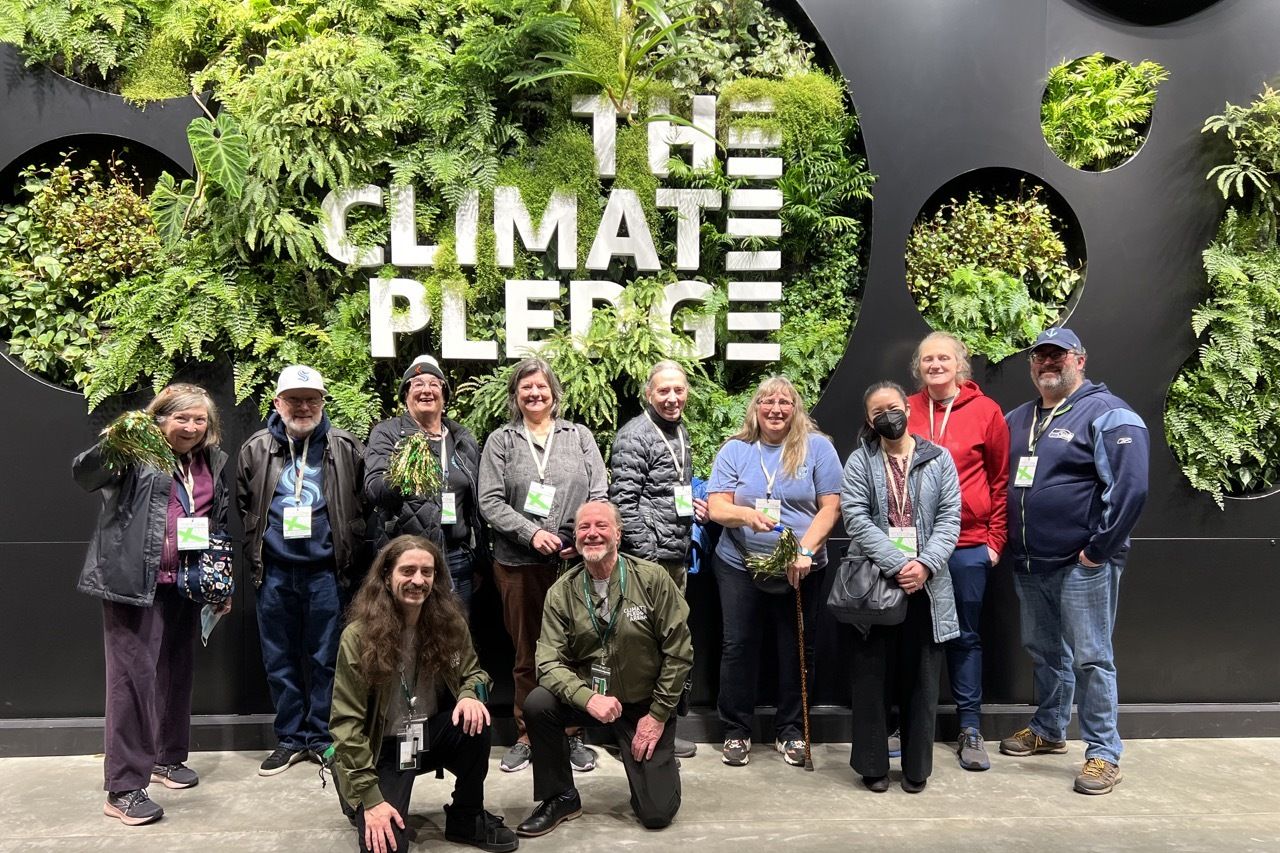Arena Opponents File Appeal
Attorneys representing the longshore workers' union have filed an appeal of the February King County Superior Court ruling that tossed a lawsuit arguing that arena planners, including the city and prospective arena developer Chris Hansen, signed a binding agreement (technically, a memorandum of understanding, or MOU) that precludes any site other than Hansen's land in SoDo, in violation of state environmental law.
The ILWU argued that the memorandum of agreement the city and county signed with Hansen included only one "alternative" site—KeyArena, whose supposedly dilapidated state was the reason the Sonics left in the first place—and the required "no-build" alternative, ignoring other potential arena sites such as Bellevue and the Sick's Stadium site in the Rainier Valley. State environmental law requires consideration of multiple sites for a project like the stadium as part of the Environmental Impact Statement (EIS).
(As we reported earlier this week, the city just took two more actions that further solidify the SoDo site as the only real alternative—taking up a proposal to shut down Occidental Ave. S at the arena site, and putting out a call for consultants to evaluate plans for an arena on "the Project Site"—Hansen's land in SoDo.)
The lawsuit, filed in state appeals court today, charges that "The MOU and its related implementing steps were explicitly and implicitly designed to make the SODO site inevitable."
"To date," the complaint continues, "no one knows whether and by how much the SODO-sited arena will directly, indirectly, or cumulatively impact key elements of the urban environment including air quality, traffic congestion, land-conversion, and land and sea freight mobility. Nor does anyone know if there are alternative sites in the region that might make for a better arena site with fewer environmental impacts.
"The desire to return the NBA to Seattle does not allow a private arena investor and public officials to run rough-shod over fundamental SEPA timing and EIS principles."
In a statement, ILWU attorney Peter Goldman said that arena supporters "cannot represent to the NBA and the world that they have a SODO arena agreement 'in the bag' and design the MOU to achieve a SODO arena and yet, at the same time, tell the court that no decisions on the final arena location have been made for purposes of the SEPA."
If February's hearing was any indication, the ILWU attorneys face an uphill battle. At that hearing, King County Superior Court judge Douglass North took mere seconds to rule against the union, agreeing with arena proponents and the city that nothing in the MOU precludes the city from deciding to move the arena to another location.
In a statement, the ILWU said they hope to get a hearing by July, but that it could be as late as December (after the next mayoral election, and when arena plans will be much further along than they are now.)





